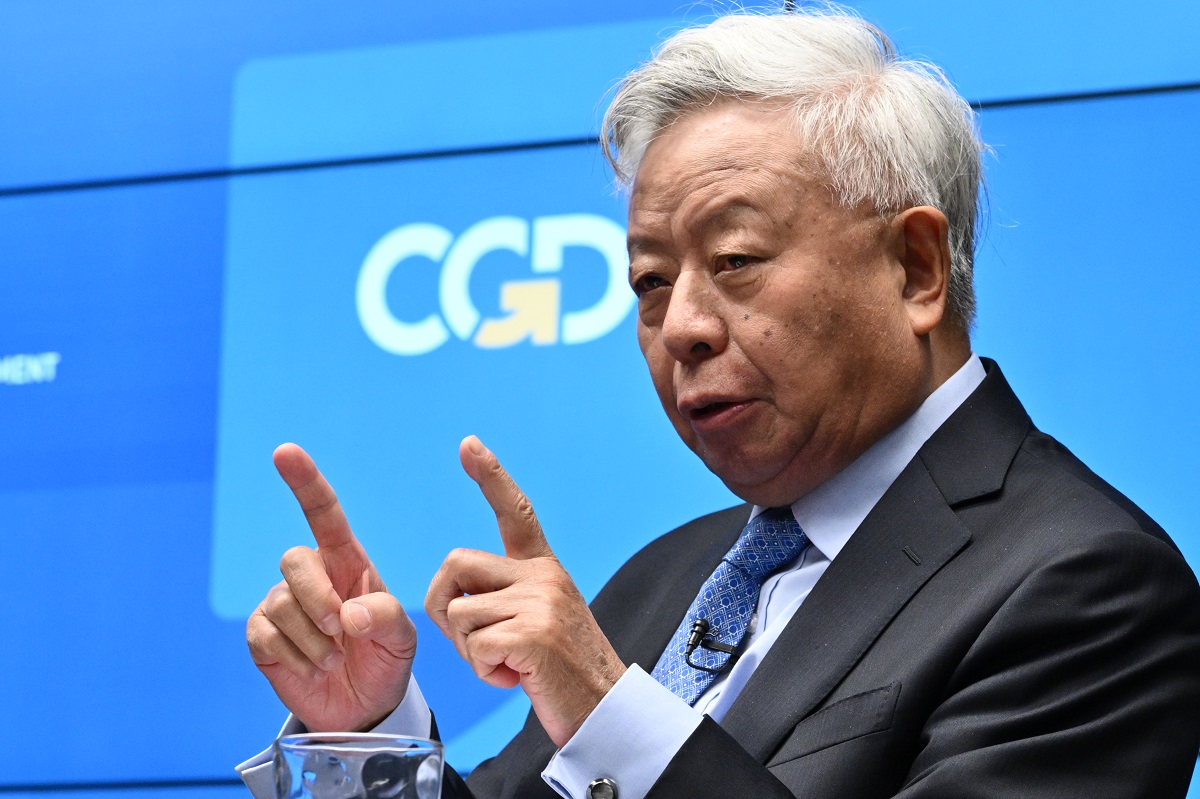Global poverty and development are notably absent from the new Democratic Congress’s agenda for the first “100 hours” of leadership, and possibly through the 2008 campaigning season. In conversations with new and departing Democratic and Republican congressional staff over the last three weeks, I have been met with a stark refrain: unless candidates are talking about cutting foreign aid, it’s not in their interest; they are more likely to lose votes than win votes if they talk about global development with the American people. But why are global poverty and development efforts good PR for celebrities and supposedly bad PR for politicians?Earlier this week Oprah, host of the highest ranked talk show in America, opened a school for poor girls in South Africa, and made the direct link between education, HIV/AIDS prevalence and poverty. She has the highest rating among households with women between the ages of 18 and 54: a major voting demographic that I suspect, did not vote with their remote controls and turn off their TV’s when the topic was poverty in Africa.Similarly, I watch my fellow grocery store patrons in line, reading the headlines (and sometimes the whole article!) in US Weekly, Vanity Fair, and Vogue detailing Brad Pitt and Angelina Jolie’s latest travels: he as an avid proponent of HIV/AIDS response in Africa and she as Goodwill Ambassador for UNHCR. Marie Claire even included a fashion shoot with Brookings foreign policy scholar Susan Rice. The prevalence of continued coverage of these issues indicates that it isn’t hurting ratings in print media either. Indeed, it’s fashionable—if not cool—to be smart, care and do something about global poverty.And at the top of the list, Bono’s passion and eloquence has driven the ONE Campaign’s two million plus American advocates interested in global poverty and development, inspired business leaders to form (PRODUCT) RED, and landed him a spot alongside Bill and Melinda Gates as one of Time Magazine’s 2005 Persons of the Year.So why, in the midst of so much positive public reception of these issues, do politicians shy away from them? I’ve heard congressional staff say that the real American voters aren’t interested in these issues. But are the “real American voters” really different than those taking in daily information about poverty and development from mass media and celebrity icons?To me, the American public seems primed and ready to discuss global poverty. Our elected representatives could seize the barrage of celebrity media attention to go beyond the glossy photos and talk about real development policy, America’s role in the world beyond Iraq, and the impact of global poverty not just on those already destitute but on all countries and people around the world (even those that live in comfort). Sure, it takes charisma and leadership. But we seem to have found that in celebrities like Bono. I, for one, am still hoping for the same qualities in some of our politicians.See CGD’s Rich World, Poor Word: A Guide to Global Development for more information about why global development matters for the U.S.
CGD blog posts reflect the views of the authors, drawing on prior research and experience in their areas of expertise.
CGD is a nonpartisan, independent organization and does not take institutional positions.



